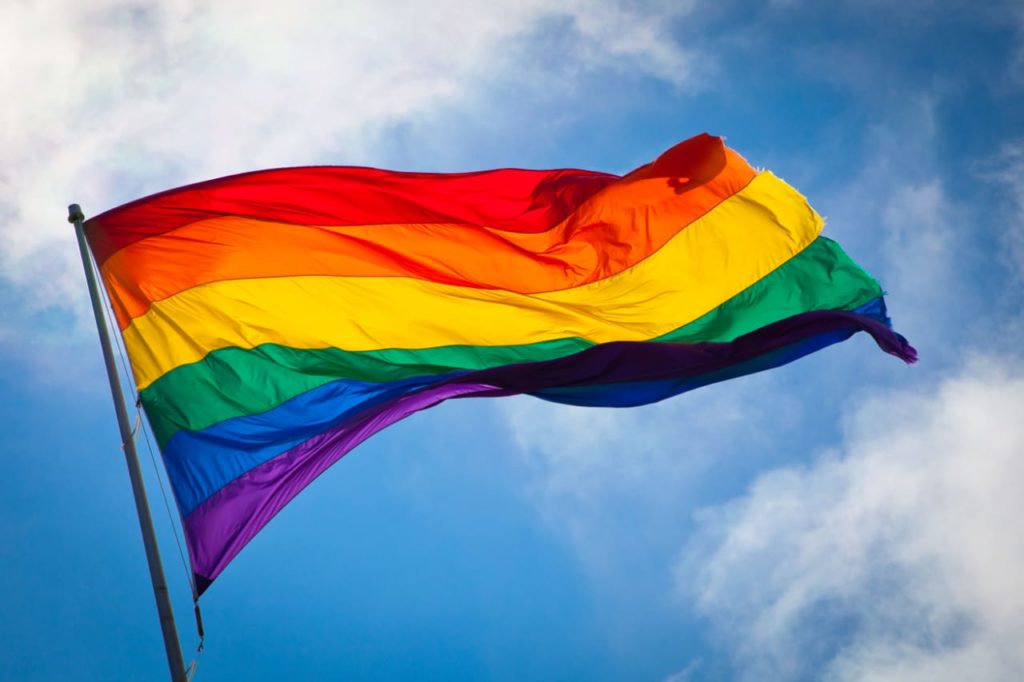Schools are complex social environments that reflect the diversity of our communities. In liberal democracies, the responsibility of ensuring a safe, supportive, and inclusive learning environment for all students is shared by all stakeholders involved in the education sector. This is especially important with regard to transgender and other gender non-conforming students, with a growing body of evidence indicating that these students are often targets of discrimination, harassment, bullying, and violence in schools. A recent report by UNESCO on sexual orientation and gender identity-based bullying in Chennai revealed that 60% of students who did not conform to the gender-binary faced bullying in middle and high school while 43% were sexually harassed in primary school. Further, only 18% of the victims could report such instances of bullying to school authorities. The consequences of this reality are grim: over 70% of the victims suffered from anxiety and depression, and 33% dropped out of school.
Transgender is an umbrella term used to describe all individuals who diverge from the roles associated with the sex they were assigned at birth. This continues to be a problem for a cisgender-normative society like ours, where rigid definitions of masculinity and femininity are reinforced by parents, teachers, and other adults. Students who don't identify with the gender binary are bullied and harassed by their peers and teachers alike. The UNESCO study, in fact, found that a culture of victim-blaming surrounds transgender students in Indian schools.
Given the pervasive bullying, the first step towards making schools trans-inclusive is to have comprehensive anti-bullying and anti-discrimination policies that protect students from harassment based on their gender identity, expression, and sexual orientation. Health professionals, particularly psychologists and counsellors in schools can support trans students by helping them develop and enhance coping mechanisms aimed at building resilience and facilitating positive socio-emotional development. Facilitating access to safe spaces including washrooms and common-areas helps make the educational environment more conducive.
Furthermore, doing away with the need to specify a child’s gender identity at the time of enrolment can go a long way in dealing with the pressure of gender-conformity. Students should be allowed to participate in sex-segregated classes or activities in a manner consistent with their gender identity. The same goes for dress codes and pronouns, as reforming small practices are key to achieving the larger goal of a truly inclusive education. Inclusion of LGBTQIA rights and movements, as well as nuances surrounding the community in the school curriculum, can go a long way in eliminating stigma. Giving a voice to their historical presence and experiences, articulating their specific needs and expectations from state and society, and normalising transgender sexual orientations in social sciences and biology textbooks can potentially challenge entrenched structures of heteronormativity that dominate Indian society.
Some state governments have initiated action aimed at making schools accessible to trans students. In Delhi, a pilot project called ‘purple board’, aimed at eliminating transphobia and trans-bullying, held sensitisation workshops for nodal teachers, which were followed by sessions with high school students. This was the first step in a year-long process of training and evaluation that led to the awarding of the ‘trans-friendly’ certification to 27 schools. The Kerala government has directed all state and affiliated universities to reserve seats for transgender students in undergraduate and postgraduate courses. These initiatives show that it is possible and necessary to transform our schools that have been unsafe and intimidating to trans students into inclusive spaces that facilitate holistic education.
